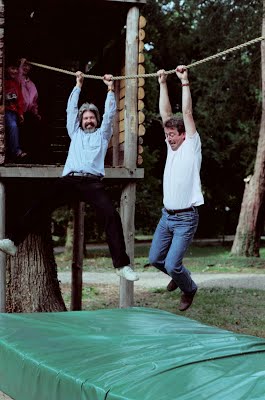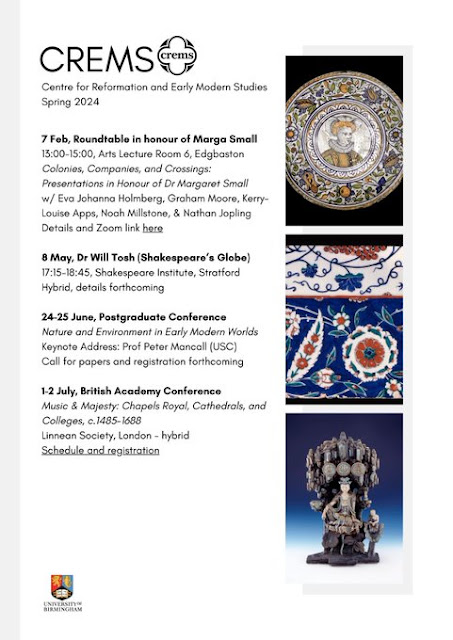Law and the Early Modern: Power, Speech, Form 10 May 2024, 10.30am - 6pm Council Room, King's College London Register here. The ‘legal turn’ in social, political, and literary history has shown the fundamentality of law to ways of being, knowing, and making in the early modern world. Across intensely legalistic and interconnected cultures, the practice and forms of law structured and reflected gender, power, race, and status relations, as well as systemic forms of subjugation, inequity, and enslavement. These relations are refracted in different ways when situated in different social, cultural, political, and, crucially, disciplinary contexts, and they pose urgent questions for our understanding of and engagements with the early modern past. This colloquium will bring people together from different fields to think critically and collaboratively about law not just at but as a disciplinary juncture. In particular, we ask what intersectional, inclusive, and explicitly in...

